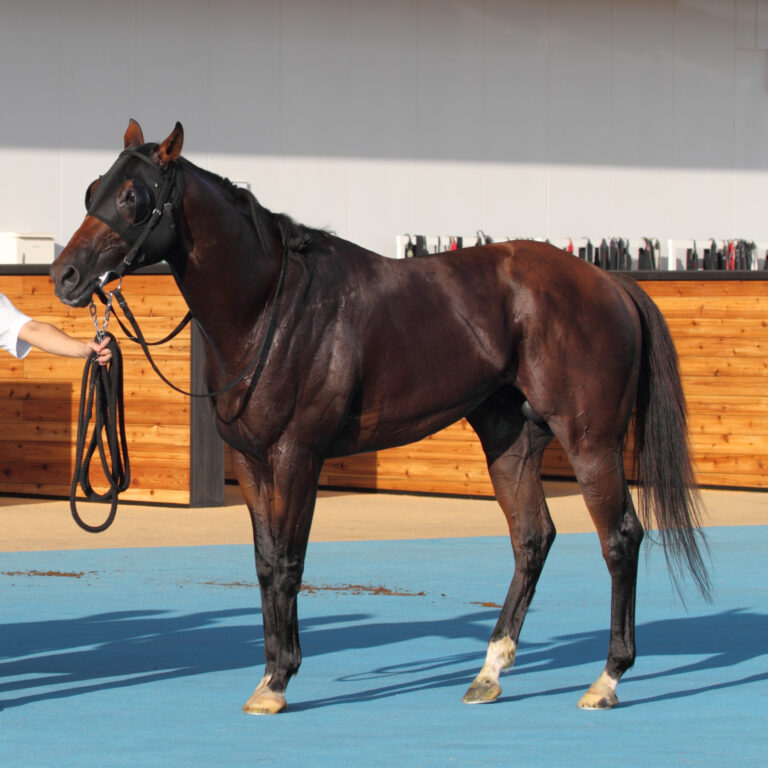
In the 2020 virtual sessions of the Northeast American Equine Practitioner Association (NEAEP) Symposium, Tom Divers, DVM, DACVIM, DACVEECC, of Cornell University, offered information on newer discoveries that provide direct application to clinical practice. One paper he referenced discussed the use of per rectum fluid infusion (proctoclysis) as an inexpensive, safe alternative or adjunct to intravenous fluid administration, or it can be when nasogastric administration is contraindicated as might occur with anterior enteritis, proximal GI obstructions, or pharyngeal or esophageal disease [Khan, A.; Hallowell, G.D.; Underwood, C.; and Van Eps, A.W. Continuous fluid infusion per rectum compared with intravenous and nasogastric fluid administration in horses. Equine Veterinary Journal 2019, vol 51, pp. 767-773; DOI: 10.1111/evj.13113].
Tap water warmed to 104 degrees Fahrenheit (40 degrees Celsius) is used as a rectal treatment rather than isotonic crystalloids typically used for intravenous or nasogastric treatment.
In the study, a foal feeding tube inserted into the rectum and taped to the tail provided 5 ml/kg/hour over a six-hour treatment period with an overhead carboy providing continuous flow. Per rectum treatment of 5 ml/kg/hour is twice the accepted maintenance fluid rate. In preliminary studies, the authors noted that flow rates greater than 5 ml/kg/hour, i.e. 10 ml/kg/hour caused agitation in the horses and increased fecal production. Use of tap water elicited less agitation and less fecal water content than using polyionic solutions.
The six horses in the four-way cross-over study—healthy Standardbred geldings— tolerated the treatment well. Feed and water were withheld during treatment. Each horse received all three fluid treatments—IV with Hartmann’s solution, N-G with polyionic solutions, and rectal with tap water—as well as serving as a control animal. A two-week washout was provided between each treatment.
Chemistry changes indicate fluid absorption occurs per rectum based on hemodilution and a lower packed cell volume (35% down from 40% at the start), similar to changes experienced with intravenous or nasogastric fluid treatment. Treatment per rectum also elicited increased borborygmi activity, with intensity and frequency increased in all quadrants during rectal fluid administration. The authors surmised that this could be a result of greater fluid content in the small colon as well as reflex contraction of the colon.
It should be noted that rectal fluid administration will decrease rectal temperature, and the authors did not define how long following treatment it took for rectal temperature to return to normal. This has significance for monitoring infectious disease issues.
While the six-hour period might not have been sufficient enough time to evaluate potential complications, the authors have used a constant rate infusion of tap water per rectum for up to three days without complication for post-operative colic, small colon impaction, pleuropneumonia and tetanus cases.








